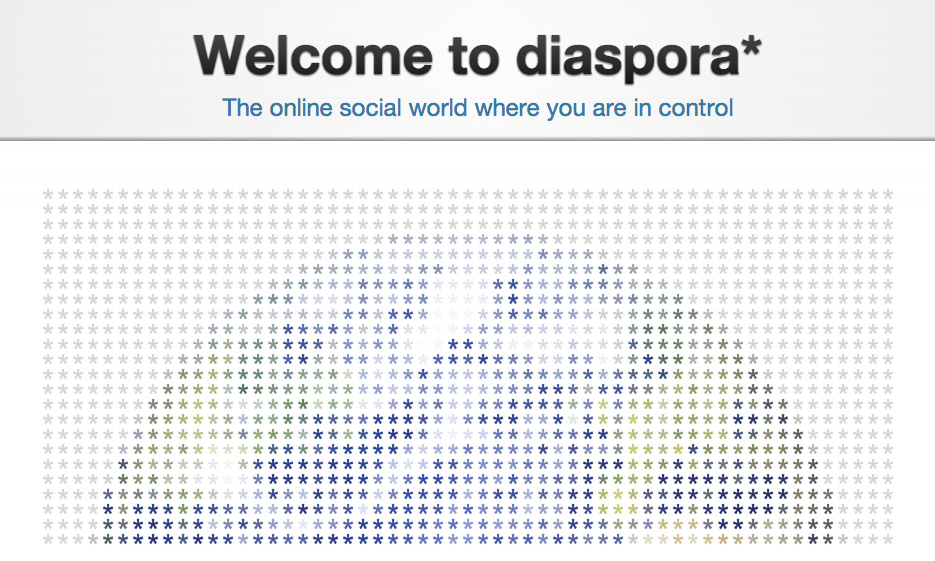
Open-Source Social Network Diaspora Grapples With Use by Terror Group
The ideals of the social network Diaspora, an open-source platform built by a nonprofit foundation, were put to the test after the Islamic State terror group moved to the network when its Twitter accounts were blocked.
The terror group Islamic State, also known as ISIS or ISIL, has been cited for its military and technological prowess, including a sophisticated campaign to spread its message through social media. Now that campaign is creating troubling challenges for a social platform built on the ideal of a free and open internet.
The platform Diaspora, an open-source project led by the nonprofit Diaspora Foundation, revealed this week that the terror group had begun to move onto its network after the group’s accounts had been removed from more mainstream networks, including Twitter and Facebook.
The platform is designed to be hands-off: It’s self-hosted, like WordPress, rather than centralized, like Twitter.
The way Diaspora works poses a control problem for the project. The network is designed to be hands-off: It’s self-hosted, like WordPress, rather than centralized, like Twitter.
“There is no central server, and there is therefore no way for the project’s core team to manipulate or remove contents from a particular node in the network (which we call a ‘pod’). This may be one of the reasons which attracted IS activists to our network,” the foundation wrote in a blog post this week.
The foundation added that it is “concerned about the activities of these members inside our network,” citing legal issues they could cause for network hosts.
A History of Challenges
Even before its current challenges, Diaspora has had a difficult history (highlighted in this Vice Motherboard feature). Started in 2010 with the promise of creating a decentralized open-source replacement for Twitter and Facebook, the network drew positive press at first and more than $200,000 in Kickstarter funding. But when it was released to the public, it failed to build the audience to match its lofty ambitions.
The startup faced a major setback when cocreator Ilya Zhitomirskiy died in 2011, at age 22, in what was later ruled a suicide.
In 2012, the other three founders—who met as students at New York University—gave up day-to-day management of the project to the Free Software Support Network, which set up Diaspora as a nonprofit foundation. Since then, Diaspora has become a community-led project.
Ideals vs. Reality
Diaspora’s smaller scale tends to shield it from the issues some larger networks have—Twitter’s recent move to improve its handling of violent imagery came in part because Robin Williams’ daughter quit the network due to harassment—but the current situation nonetheless shows what can happen when mission runs into reality.
For now, the foundation is balancing the two. Maintenance, it says, remains in the hands of the network owners, and while the foundation would prefer that hosts take action against Islamic State sympathizers, they ultimately have no control over what hosts do.
“The decentralized nature of the network and the [free and open-source software] philosophy of the project are two of the key strengths of Diaspora,” the foundation stated in its blog post. “However, they can make it more difficult to act swiftly when there is inappropriate activity on the network.”
(Diaspora screenshot)






Comments